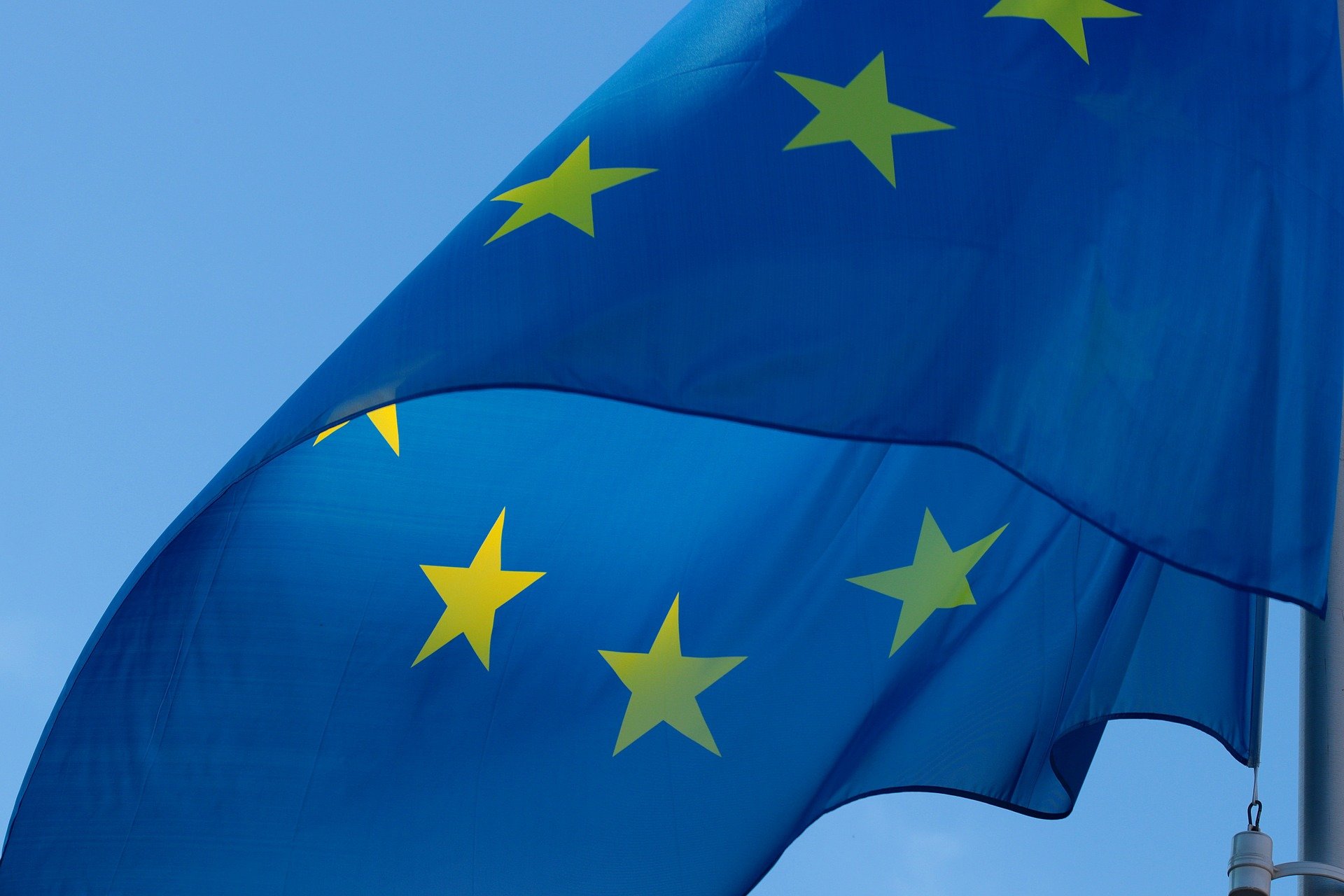Research & innovation has been placed at the centre stage of the European Green Deal as an enabler for the transition to climate neutrality. Our online workshop on 27 May 2020 brought together industry and institutional stakeholders from the energy and innovation communities to discuss innovation priorities for the European energy sector.
This summary highlights our key takeaways from the discussion. It does not seek to be an exhaustive analysis of the topics discussed.
Event Summary
Research and Innovation (R&I) will be critical if the EU is to achieve the economic, social and technological transition necessary for a climate-neutral Europe in just three decades. Achieving such a transition at the necessary speed requires innovation in the technology, products and processes for decarbonisation in all potential pathways towards climate neutrality.
This is particularly important in sectors where the pathway to climate neutrality is not clear, such as aviation, shipping, industry and agriculture. The urgency of achieving climate neutrality, together with the current economic crisis, increases the need to ensure EU funds are spent wisely and targeted to deliver outcomes.
In the energy sector, innovation priorities range from specific technologies to systemic innovation. Specific technologies identified as needing further innovation in order to be deployed at scale include offshore wind, green hydrogen and carbon capture and storage. Beyond specific technologies, there is a need for a more systemic approach to innovation, focusing on how existing technologies fit together and how people interact with them. Examples range from innovating energy usage within buildings and how buildings interact with each other as well as with the overall energy system, to innovation in business models, and social innovation to make the energy transition inclusive, engaging and publicly acceptable.
Delivering climate neutrality will involve wide-ranging and rapidly evolving priorities for innovation in the energy sector. In order to ensure this transition occurs as rapidly and efficiently as possible, EU-level coordination and targeted support is needed.
EU member states should have access to a shared, up-to-date evidence base detailing costs, deployment potential and uncertainty levels of the technologies and behavioural changes associated with decarbonisation pathways. A governance mechanism to provide this unbiased support to EU member states in their decarbonisation decision-making has been proposed by E3G, in the form of the ‘Clean Economy Observatory’.
For more information please visit our Innovating for a better future series page here.


